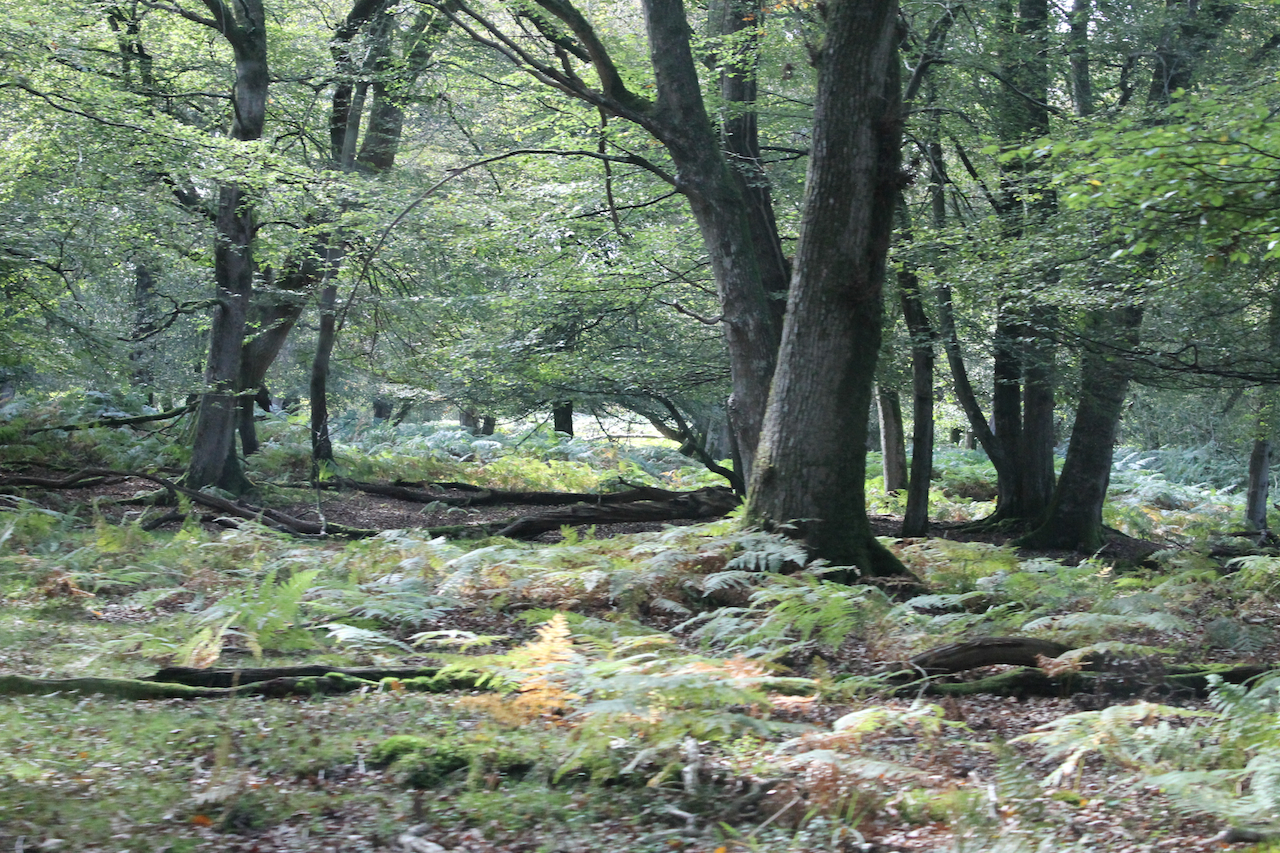Like most commoners I work full-time in a job that is not related in any way to the New Forest. Recently I’ve been travelling more and more to London for various meetings and events. Witnessing the hectic pace of city life on the capital’s streets is guaranteed to have me counting my blessings and being thankful for living in a quiet rural community. The benefits of living in the countryside have long been acknowledged and various studies have confirmed that exposure to nature, even in the form of a window box, is good for our physical, mental and emotional health. Communities that are bereft of greenery, in the form of trees, grasses and flowers, are also more likely to experience higher levels of crime, anti-social behaviour and poor health.
The exodus from the countryside initiated by the Industrial Revolution, which began in the mid-1700s, also signalled the divorce from knowledge of food production, animal husbandry and herb-lore. People moved away from the rural landscape to live in large cities or tight-knit communities surrounding the factories, mines and foundries where they worked. Such concentrated living conditions gave very little opportunity for interacting with the natural world. A consequence of this is that today we are faced with a reality where our species has the least engagement with plants and animals than it has ever had in the history of our evolution. No one knows what the long-term effect of this disconnection with nature will have.
For me such issues make the preservation of the New Forest, and the commoning activities that conserve it, a top priority. The Forest is an ancient landscape that has survived into modern times and maintains a diverse collection of irreplaceable habitats and wildlife species. The commoners of the New Forest have been practicing a pastoral way of life for over 1000 years and have an intimate connection with the landscape that has even been described as symbiotic. As I look out of the carriage window on my train journeys to and from London I see more and more housing or commercial developments gobbling up the land. Fields of crops, orchards and grazing land are being replaced by tarmac and block paving. I say a silent prayer to myself in the hope that our species does not become so divorced from nature that we believe we can do without it altogether.




You must be logged in to post a comment.